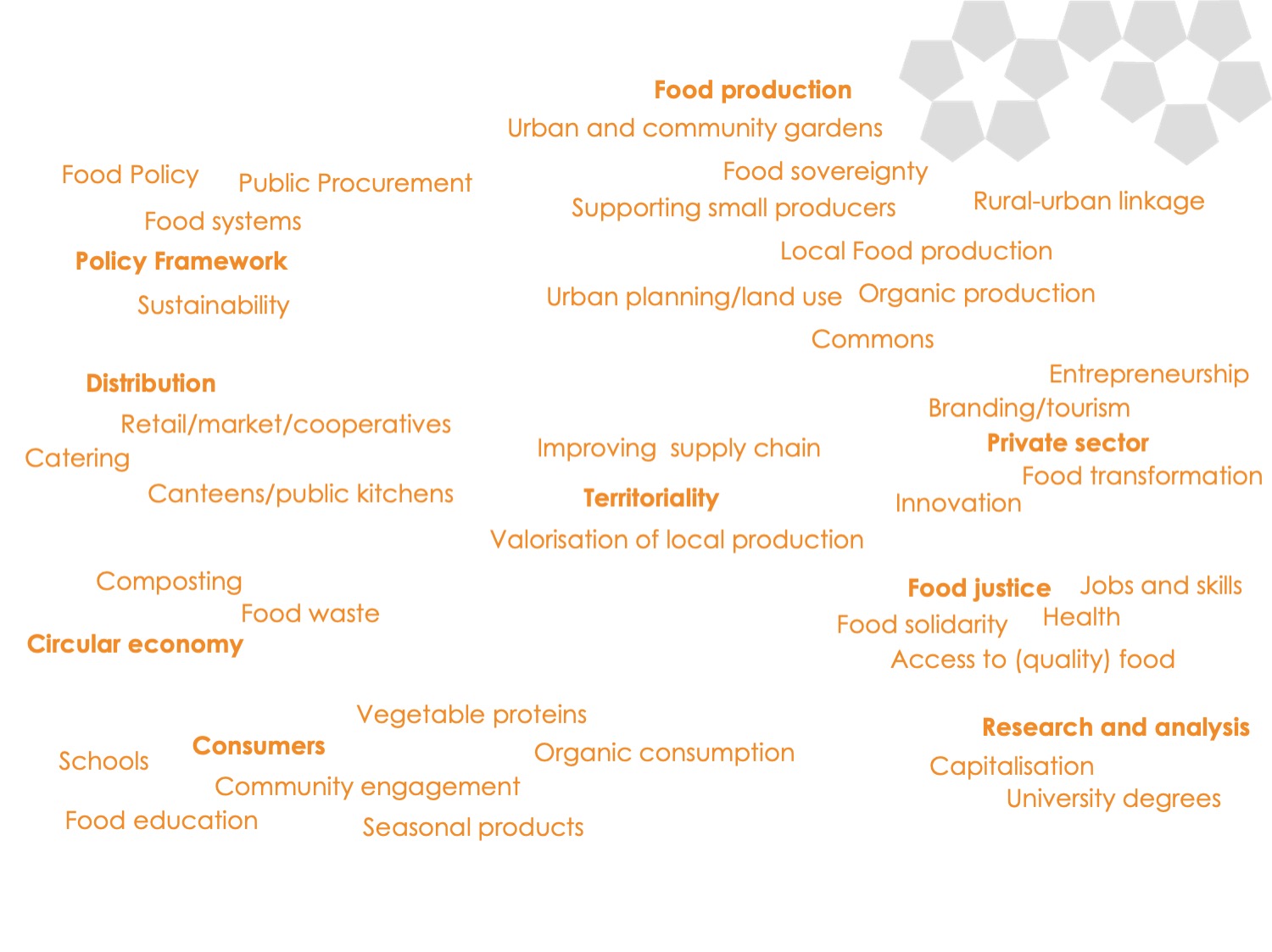Discover how URBACT cities are using sustainable food and urban agriculture to address an array of local challenges.
In this article, URBACT Programme Expert Marcelline Bonneau shines a light on several URBACT partner cities making the transition towards more sustainable local food ecosystems – and some of the practices they have developed in the process. She concludes with a reminder of the importance of integrated food policies at city level.
A multitude of local food solutions in URBACT cities
Since 2013, the URBACT programme has supported seven networks working on topics linked to sustainable food and urban agriculture engaging around 50 European cities in transnational learning and exchange. These are: Food Corridors, BioCanteens, RU:rban, BeePathNet, Sustainable Food in Urban Communities, Agri-Urban and Diet for a Green Planet.
The diverse topics covered by these URBACT cities reflect the complexity of our food systems and the interlinkages between sectors and policy priorities, as presented in the overview below.


